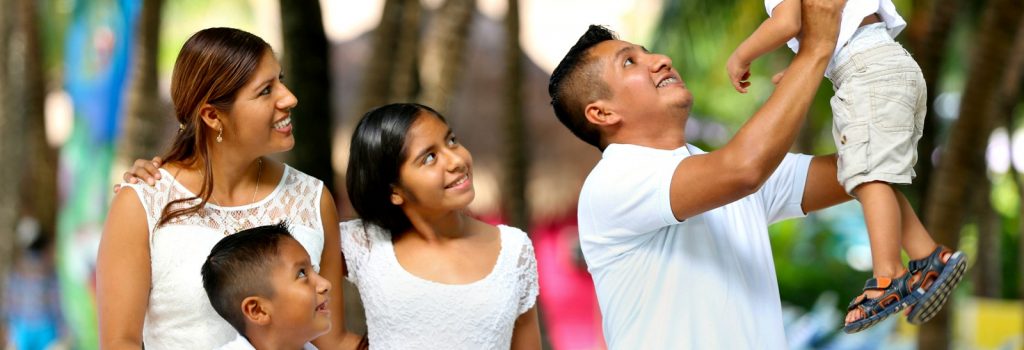Expat parents may feel a strong desire to pass on as much of their own culture to their children while living overseas for long periods. But ultimately, Third Culture Kids (TCKs) will forge their own multicultural identity.
Pushing contest
As parents on long and/or consecutive assignments, we must accept that our children will form their own cultural identity, which is likely to be a more globalised one than ours. We may have grown up in just one country and wish for our children to not just understand that culture as intimately as we do but to strongly identify with it. Of course, the more a parent pushes them (in one way or another), the more a child may push back.
A tangible link
For example, a parent of a TCK might want to their child to learn their parents’ language (or languages). We often see our ‘mother tongue’ as more than just a language. It’s a tangible link to our heritage. The most vital key to a whole culture. It’s understandable a parent would want to ensure their children are fluent. But a child (of any age) might not be as strongly motivated. They may have enough on their plate with homework and other activities/chores. They may also not be able to articulate what is more pressing for them in the here and now: a desire to make friends and fit in.
Step into their shoes
Parents must remember there’s nothing that needs to be fixed or cured about a TCK’s identity. They are being raised overseas and have their own experiences, feelings, viewpoints and values. Ultimately, empathy is critical. Parents should put themselves in their kids’ shoes and try to look at the situation from that perspective.
Vibrant global community
More important, according to adult TCKs who are now parents themselves, is for parents to spend time with kids where the kids feel seen, heard or valued, and to do so consistently. If the kids feel like they matter somewhere, lots of potential problems related to their TCK identity take care of themselves. Parents of TCKs should also seek communities populated with other multicultural families. Being surrounded by other TCKs will give the kids support and a feeling of belonging, which will help them (and you) to embrace their membership of a vibrant global community.





